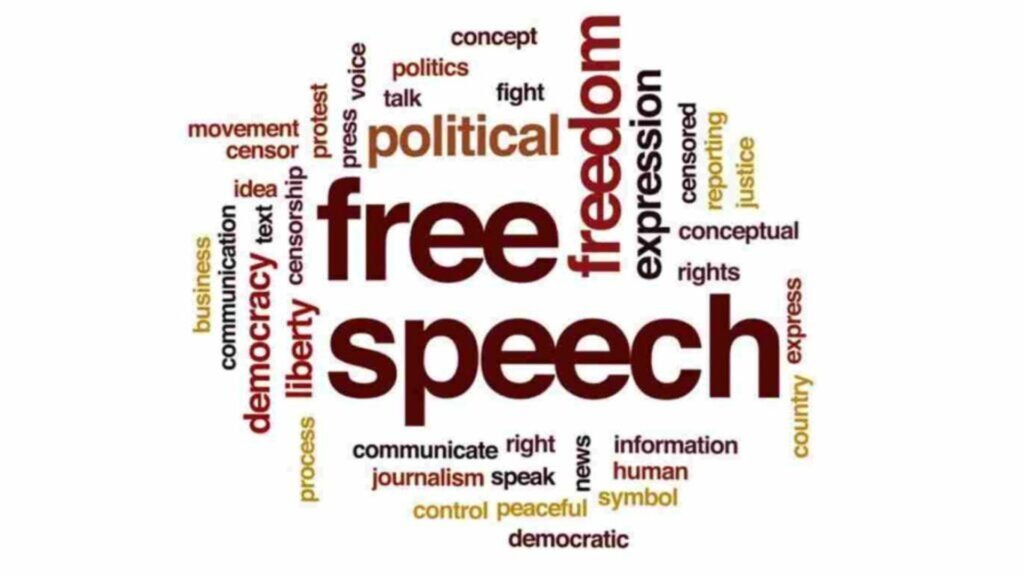The right to freedom of speech and expression is guaranteed to all citizens of India under Article 19(1)(a) of the Constitution of India. The relevant text of this provision is as follows:
“All citizens shall have the right to freedom of speech and expression; this right shall include freedom to hold opinions without interference and to seek, receive and impart information and ideas through any media and regardless of frontiers.”
This means that every citizen of India has the right to express their views and opinions freely, without interference from the state or any other authority. This right includes the freedom to hold and express opinions on any matter, the freedom to communicate with others through any medium (including print, radio, television, social media, etc.), and the freedom to access information and ideas from any source.
There have been several landmark judgements passed by the Supreme Court of India on the freedom of speech and expression. Some notable examples include:
- Romesh Thappar v. State of Madras (1950): In this case, the Supreme Court held that the right to freedom of speech and expression is not absolute and can be restricted in the interests of public order, security of the state, and friendly relations with foreign states.
- Sakal Papers (P) Ltd. v. Union of India (1962): In this case, the Supreme Court held that the right to freedom of speech and expression includes the right to disseminate information and ideas to the public through the media.
- Rangarajan v. P. Jagjivan Ram (1989): In this case, the Supreme Court held that the right to freedom of speech and expression includes the right to receive information and ideas from any source and the right to seek and impart information and ideas through any media.
- Indian Express Newspapers (Bombay) (P) Ltd. v. Union of India (1985): In this case, the Supreme Court held that the right to freedom of speech and expression includes the right to criticize the government and its policies, as long as such criticism is not malicious or motivated by personal gain.
- Shreya Singhal v. Union of India (2015): In this case, the Supreme Court struck down section 66A of the Information Technology Act, 2000, which had been used to arrest and detain individuals for posting allegedly offensive content on social media. The Supreme Court held that this provision was unconstitutional and violated the right to freedom of speech and expression.





